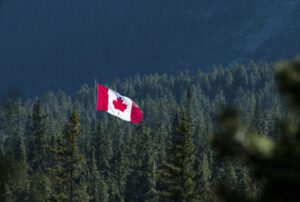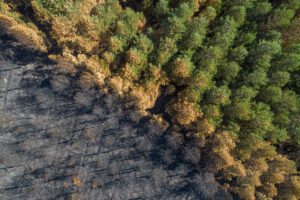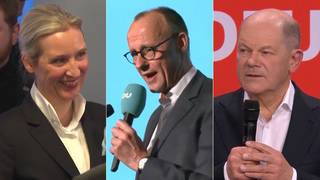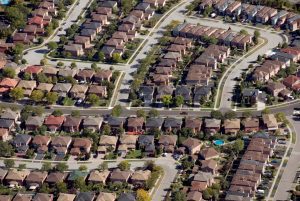Read RFA coverage of this topic in Burmese.
A Chinese envoy has met Myanmar’s junta chief to discuss help for an election that the military aims to hold by January, days after the Myanmar leader secured a promise of support for the vote from its other main foreign backer, Russia.
Myanmar’s ruling military has been shunned by most Western countries since it overthrew an elected government led by Nobel laureate Aung San Suu Kyi in 2021 but China and Russia have maintained close economic and military ties, and both have promised support for an election that the embattled junta will be hoping can bolster its legitimacy.
China’s Ministry of Foreign Affairs Envoy Deng Xijun and Senior Gen. Min Aung Hlaing met in the Myanmar capital Naypyidaw on Tuesday and discussed the junta’s overarching plan for the future, what it calls its “five-pont roadmap”, and “preparation to hold an election”, the junta’s Ministry of Information said in a statement.
China has extensive economic interests in its southern neighbor, including energy pipelines from the Indian Ocean and rare earth mines, and it is hoping that an election will help end the civil war that erupted in Myanmar after the military’s 2021 coup.
The junta will also be hoping that an election will ease international isolation and sanctions and bolster its legitimacy by showing a commitment to a democratic process, despite widespread skepticism about the fairness of a vote under military rule, analysts say.
On March 7, while on a visit to Russia and Belarus, Min Aung Hlaing announced that the elections would be held by January next year.
One Myanmar political analyst said China was expected to provide Myanmar with an electronic voting system and other support for the polls, which would be a significant help.
“They can prepare really well,” said the analyst, who declined to be identified as talking to foreign media.
China’s embassy in Myanmar has not released any information about help for the election and it did not respond to inquiries from RFA.
RELATED STORIES
China undermines its interests by boosting support for Myanmar’s faltering junta
Caveat creditor: China offers a financial lifeline to Myanmar’s junta
Myanmar military battles to push rebels back from Chinese economic zone
Russia, which has recently discussed investing in a deep sea port in southern Myanmar, also promised Min Aung Hlaing help with election observers as did Belarus. India has also promised help, as have some of Myanmar’s Southeast Asian neighbors.
But there are huge doubts about an election in a country where the vote can probably only be organized in less than half of the constituencies because of armed opposition from pro-democracy and ethnic minority insurgents.
Opponents of the junta say any vote under the military while the most popular politicians are locked up and their parties are banned would be a “sham.”
Human Rights Watch said on Tuesday the plan for an election was “farcical.”
“Myanmar’s citizens would head to the polls under a junta that has been committing numerous atrocities since the military took power,” the group’s deputy Asia director, Bryony Lau, said in a statement.
“Widespread repression, including the arbitrary detention of opposition politicians and the dissolution of their political parties, has created a climate of fear that makes free and fair elections impossible.”
Suu Kyi’s party swept Myanmar’s last election in late 2020 but the military complained of voter fraud, staged a coup, declared a state of emergency and locked up Suu Kyi and many others.
Min Aung Hlaing said in a speech in Belarus last week that 53 political parties had registered to take part in the election.
But Suu Kyi’s party has been disqualified under the military’s registration rules as have scores of parties with suspected political sympathies or ideological links to rebel groups.
Translated by Kiana Duncan. Edited by RFA Staff.
This content originally appeared on Radio Free Asia and was authored by RFA Burmese.
This post was originally published on Radio Free.





